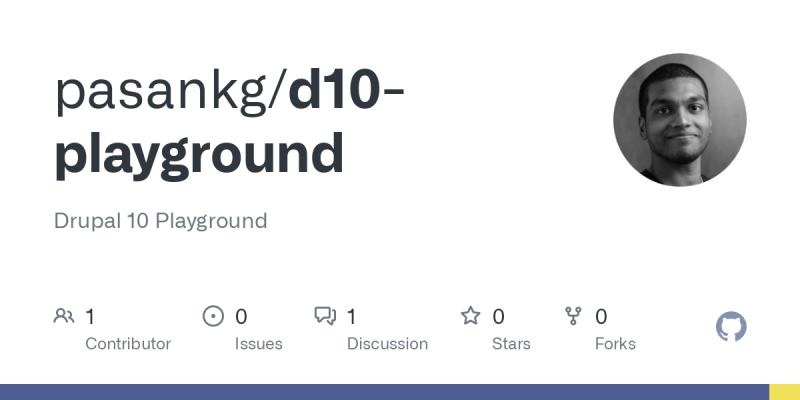Top 7 Reasons Why Drupal is the Best Option to Build a Web Application
Web applications became prominent with the advent of the Software as a Service (SaaS) movement. And as the world is becoming digital, you need to provide your users or customers with a web experience that they will remember. To give them this, you need to use a stable and secure Content Management System (CMS).
Drupal, a secure open-source CMS, is a perfect choice for building a robust web application. Let’s discuss why Drupal is your best option.
What is a Web Application?
To put it simply, a web application is a program or software that can be accessed using any web browser. While its frontend is created using HTML, Javascript, and CSS, the backend uses any programming stack like LAMP or MEAN. Web applications are different from mobile applications and don’t have a specific SDK for developing web applications.
They are more popular as they are cost-effective, easier to maintain, have no compatibility issues, and can be used on any platform like Windows, Mac, or Linux. You can also use web applications on both mobile phones and computers to access data without downloading or installing them.
Now that you understand what web application is, let’s see why Drupal is the best fit for web application development.
Top 7 Reasons Why Drupal is Best Fit for Web Application Development
1. Flexibility
Drupal offers a robust framework to create a more customized web application. It can easily accommodate complex web applications with the help of its APIs and core components. It has functionalities like managing access permissions, generating RSS feeds, commenting on blog posts and articles, assembling published page listings, and more, making it highly flexible as you can choose the features that are best suited for you. You can also use Drupal’s plug-and-play functionality to access any other community-contributed module that matches your web application requirement.
2. Customer-centric User Experience
Drupal makes it easy to create a web application that delivers visitors' needs and helps them make more informed decisions. It comes with multiple modules that you can use to personalize content for your visitors and improve chasing capabilities. It also offers a responsive design that will ensure your web application perfectly fits the screen of a smartphone, tablet, or desktop.
Drupal enables you to rearrange the look of your web application by simply dragging and dropping the required blocks. It comes with a WYSIWYG editor that allows you to view the final look of content before publishing it. You can also integrate various social media platforms into your web application allowing visitors to connect with their desired social media channel.
3. API Friendly Architecture
Drupal offers an API-first initiative that simplifies the process of managing and creating content in a centralized location. It helps represent several front-end versions of selected content and attune it to a specific channel. Drupal has APIs like JSON:API, RESTful Web Services API, Render API, and Translation API that can be used to offer your visitors a better user experience.
4. SEO Friendly
With enabled RDF support and semantic structure, Drupal is well optimized for search engines. Drupal has various SEO modules to choose from, making sure the content you put out is SEO friendly. Another important point when it comes to SEO is the taxonomy system. Drupal has an intuitive taxonomy system that organizes content using keywords and themes. It also enables easy navigation to search terms making the content on your web application easy to search.
5. Security
As Drupal is an open-source CMS platform, its codebase is always under scrutiny, and it is invigilated by many eyes leading to optimum security. You can also choose the level of security you want to have on your web application from different modules. Drupal can handle extremely crucial data and offer multiple security measures, making it a perfect fit for your web application.
6. Easy Integration
Drupal enables you to think of extensive development with integration with multiple third-party tools and technologies like website search engines, CRM and ERP packages, translation services, performance monitoring, social media, and more. This way, you can create a web portal where visitors can access content and connect to other external sites making it a powerful system.
7. Reporting and Performance Tracking
Tracking user behavior is an important aspect for future growth and user analysis for any organization. Drupal offers dashboards for eCommerce platforms, reporting order status, payment methods, sales, etc. It also offers additional reporting features through its different modules, making behavior tracking easier.
If you require a scalable, secure, and flexible solution to have an impactful presence on the web, then Drupal is the best solution for you. You can customize the web application based on your requirements and the needs of your users. Which of these reasons is important for you, and why would you use Drupal to build a web application?
Note: The vision of this web portal is to help promote news and stories around the Drupal community and promote and celebrate the people and organizations in the community. We strive to create and distribute our content based on these content policy. If you see any omission/variation on this please let us know in the comments below and we will try to address the issue as best we can.



















